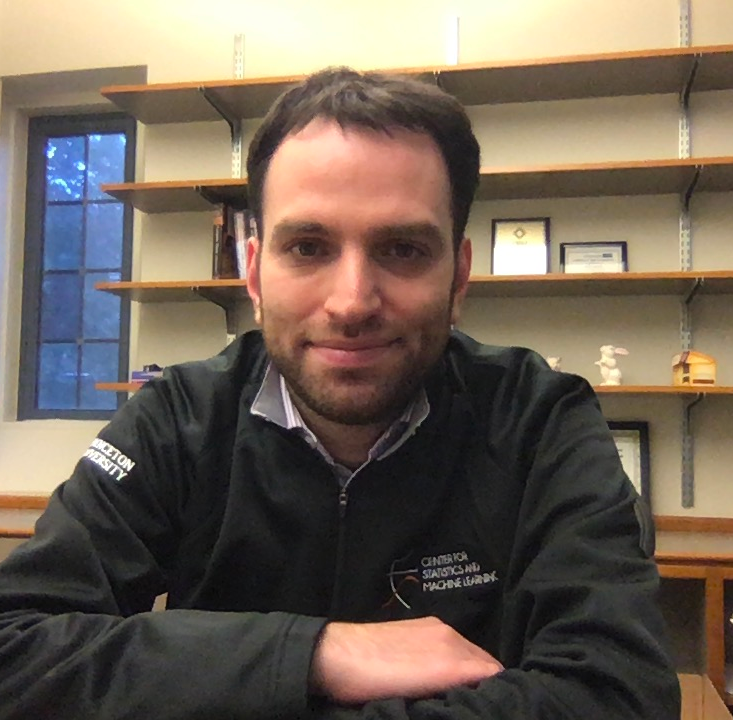SML480: Pedagogy of Data Science
Spring 2020
Course staff
Course description We are excited to announce a new course: SML 480 — Pedagogy of Data Science. SML 480 will run in parallel to SML 201 -- Introduction to Data Science. Students in SML 480 will work as paid Undergraduate Course Assistants (UCAs), teaching data science to beginners in SML 201. In SML 480, students will discuss approaches to teaching and to curriculum design in data science, as well as consolidate their knowledge in the foundations of data science by exploring topics such as functional programming for data science, the Grammar of Graphics approach to designing a programming language for data visualization, and simulation-based inference. Students in SML 480 will follow the progress of SML 201 students; findings about the progress of beginner data science students will potentially be published in an academic journal or conference.
SML 480 is an excellent opportunity to both contribute to others' learning directly and to think broadly about data science teaching and data science curriculum design. Our goal is to graduate leaders who will mentor their colleagues in data science, and think deeply about data science education.
The course syllabus is available here.
